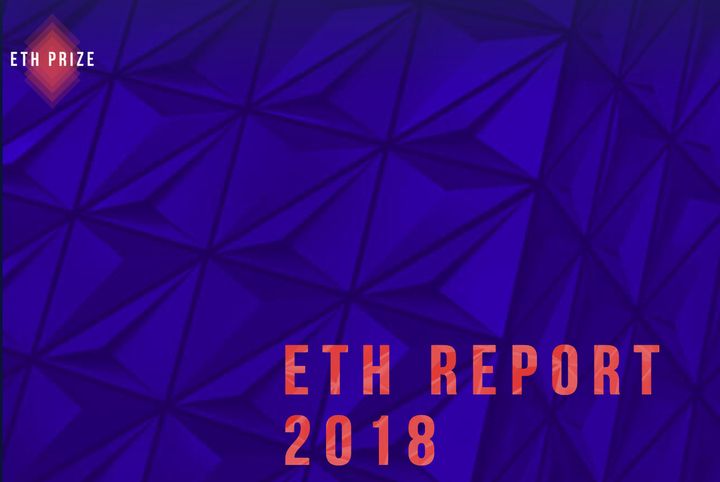The ETHPrize report, drawn from 100+ of the most well-known developers working on Ethereum, is now live!!

A whole community of awesome people spent nearly 4 months sitting down for an hour each with over 100 developers in order to understand their biggest frustrations; the tools they use most often; how they handle security, testing and verification; the best educational resources they have used to get where they are; and the many others ideas, products, and services they are excited to see on web3.
We have been able to pull from this data a huge amount of really interesting and revealing information that showcases both the things we most need to build as developers who want to see a better and more equitable web and the overall dreams of direction of our amazing community, who sees Ethereum as the single best opportunity they have to participate in permissionless innovation using a shared, global computer.
Ethereum exists at the intersection of cutting-edge technology and community. It has always been people who drive really creative and sustainable value, and we are blessed to work each day with some of the most inspiring, talented and passionate people in the world. This site is a huge thank you to ALL OF YOU who continue to make this dream possible.
It is a privilege to work on decentralised networks capable of connecting others directly and transparently. Let's, together, be deserving of that privilege.
What's Next for ETHPrize Reports?
The data displayed on the site currently is drawn directly from the report itself. You can find the original document here. And you can find an example data analysis - done by the one and only Mamy Ratsimbazafy - here.
We need some help tagging this original data manually. Mamy has written a completely automatic topic modelling algorithm, but is worried that it is not accurate enough. If we manually tag the first 100 interviews for topics, projects, frustrations, tools etc., then we can scale this data set almost indefinitely. Once complete, we can use a machine learning model trained on the first 100 to tag the next 1000 and so on.
This ought to attract the interest of Data Scientists, as finding high quality datasets is hard. However, that too changes with a move toward public and decentralised networks: because Ethereum is open source, along with many of the best projects built on top of it - there is the possibility to find datasets not just on language and interviews, but:
- time-series / price
- correlation between announcements and public interest
- activity on Github vs price
- many more beyond the current scope
Ideally, we want to end up with a machine learning model trained on devs, crypto, and other ethereum stuff that can understand any given blog post or dev interview. Some nice starting points already exist. As I said above, it is all about human knowledge and collaboration at scale. Make sure to check out Athenaeum.
Obviously, we won't have time or capacity to interview in person 1000 developers - but now that you can see we're serious, we feel more comfortable putting out a simple form that anyone can fill in, knowing that the quality and depth of answers not only reflects on a public website, but also helps the entire community come to data-driven decisions and consensus about what to build next.
Ethereum is a participatory dream. Come and build the future with us.







